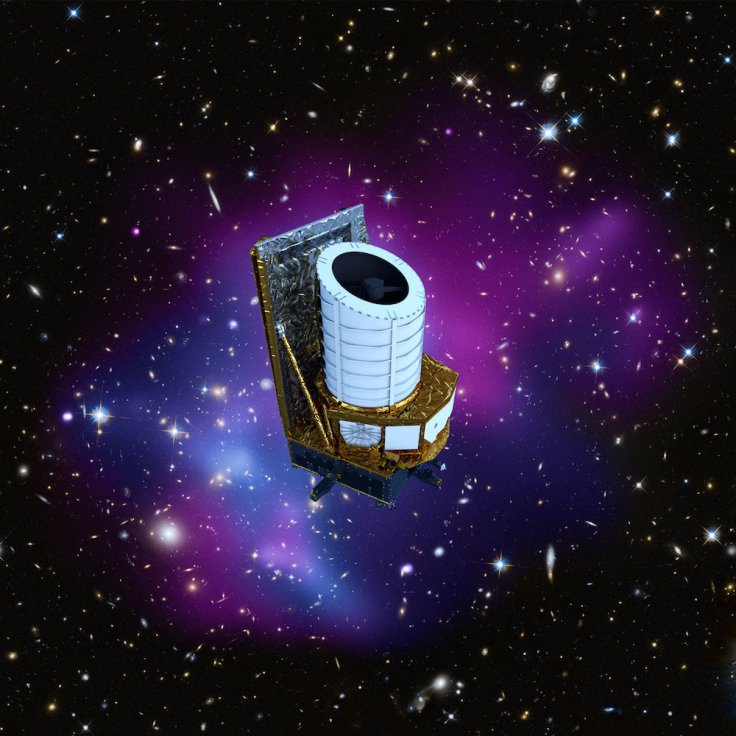A new satellite mission is about to be launched by the European Space Agency with the help of its commercial service provider Arianespace. The overall goal of the mission is to investigate dark energy and its effects on the universe's expansion and evolution.
The upcoming mission has been dubbed as Euclid, named after the Greek mathematician and father of geometry Euclid of Alexandria. Together with its France-based commercial partner Arianespace, the ESA is targeting to launch the Euclid satellite sometime in 2022.

Investigating Dark Energy And Dark Matter
The Euclid satellite will be launched with the mission to gather data regarding the expansion of the universe, which scientists believe is being driven by a mysterious cosmic component known as dark energy. Aside from this, the satellite will also analyze the effect of dark matter on the growth and evolution of cosmic structures and objects.
"Euclid will scrutinize the very nature of our Universe, shedding light on its dark side – the mysterious dark matter and dark energy – and building up on the great progresses made in cosmology over the past decades, which were recently recognized with a share in this year's Physics Nobel Prize," Gunther Hasinger, the ESA's Director of Science said in a statement.

Details Of The Mission
For the mission, the ESA is planning to launch the satellite through the Ariane 62 vehicle or Soyuz spacecraft arranged by Arianespace. It will be launched from a spaceport in French Guiana. After liftoff, the Euclid satellite will position itself to orbit the Sun from a distance of about 1.5 million kilometers beyond Earth's orbit. From here, the satellite will collect vital data regarding its mission. According to the ESA, Euclid will spend about six years in space.
The data that will be collected during the mission will be analyzed by almost a thousand scientists from the Euclid Consortium. Although most of the member scientists are from European countries, a team from NASA will also have the opportunity to study Euclid's data.









